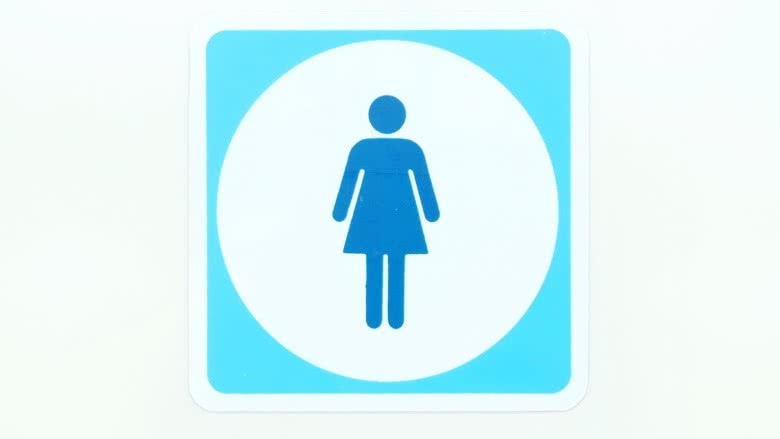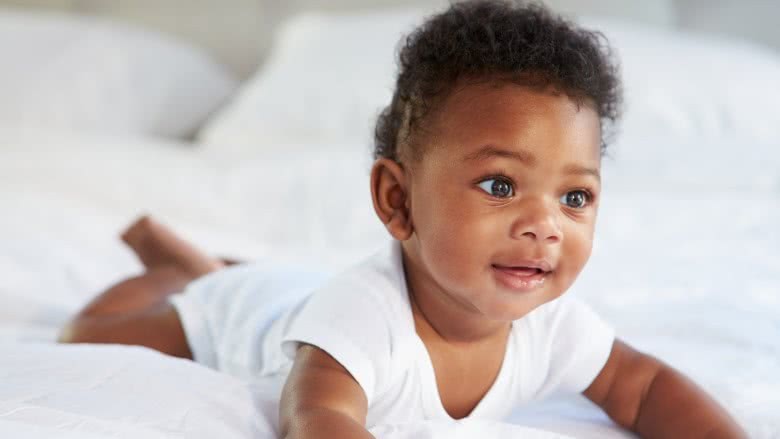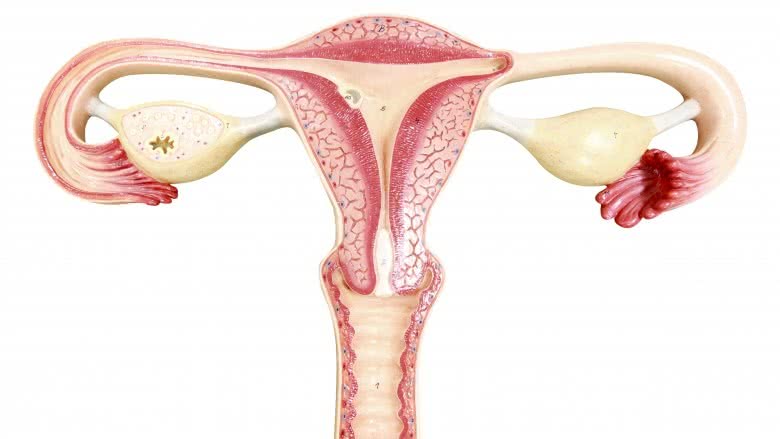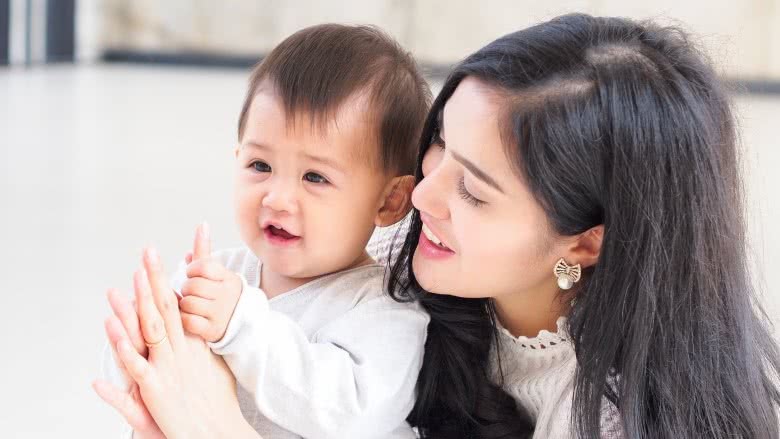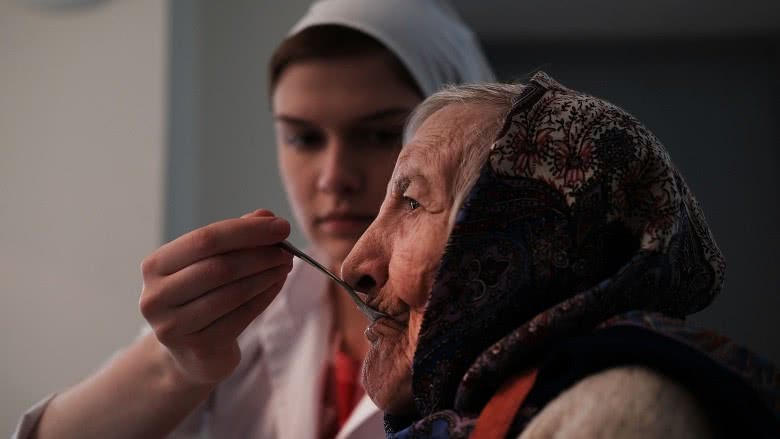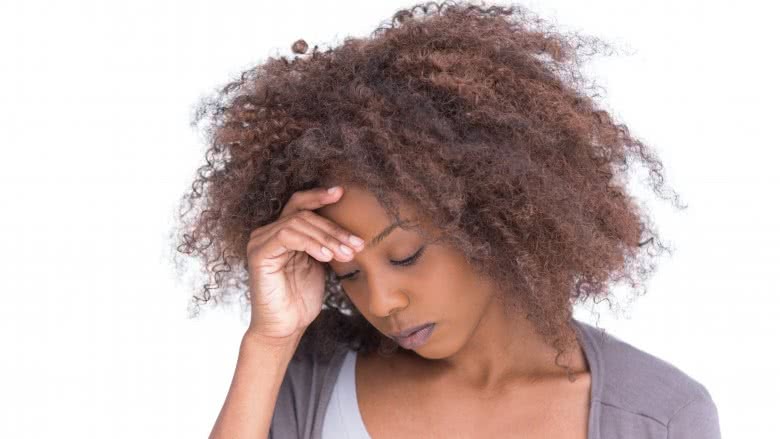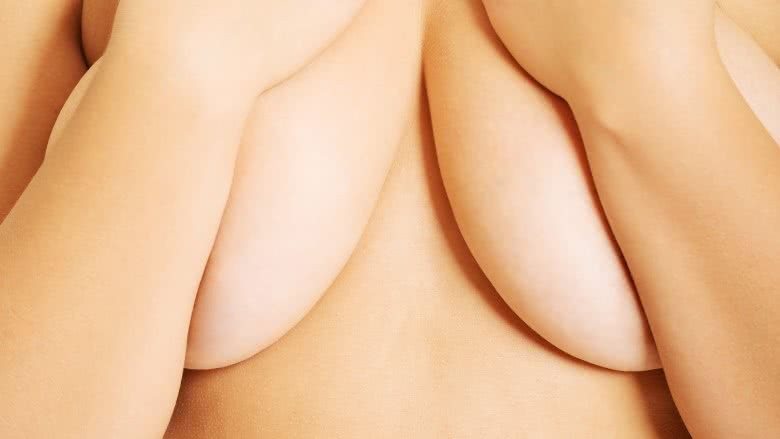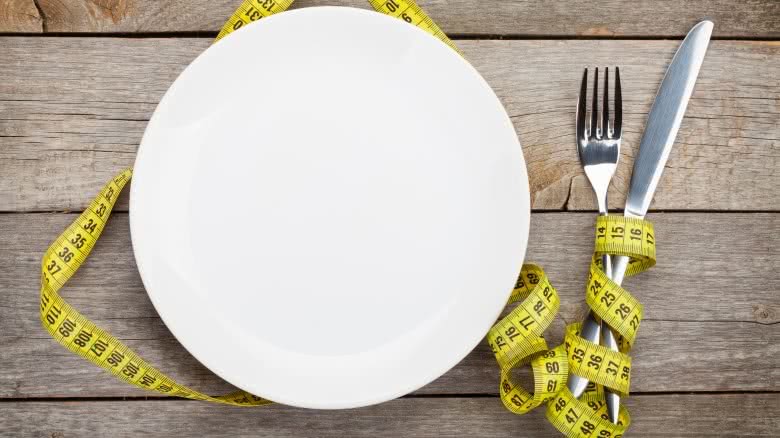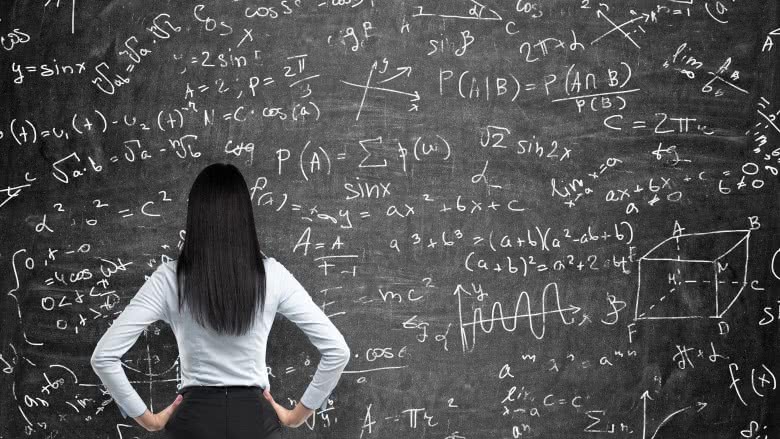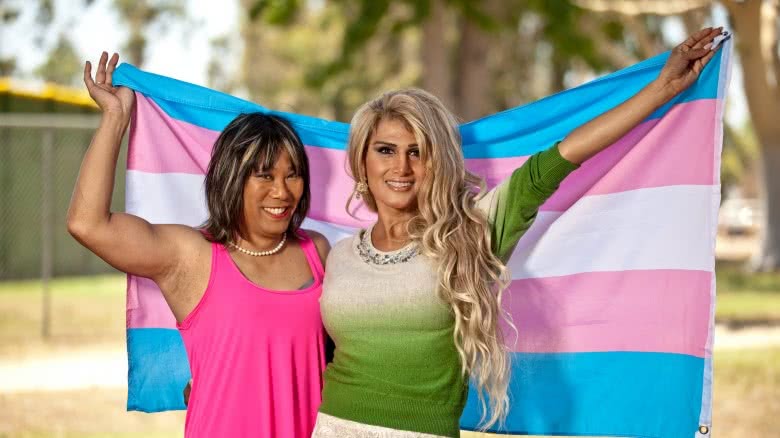False Facts About Women People Always Assume Are True
We may receive a commission on purchases made from links.
Gender in America and how people understand it is evolving, especially among younger Americans. For example, at the time of this writing, 27 percent of millennials say they personally know someone who is transgender versus nine percent of Americans over the age of 45. This shows that our collective understanding of what it means to be a woman is also evolving, as are all gender roles, expectations, and responsibilities. What used to be considered conventional wisdom about women's bodies, dispositions, and aspirations have changed, fueled by the empowerment of women coming into our own. And with that comes some myth-busting revelations concerning facts that people always thought were true about women.
Women are assigned female at birth
A lot of people assume that all women were born with a vagina and corresponding internal reproductive organs, and that they went home from the hospital in their earliest days as a little girl. But this is not always the case.
There are women who were instead assigned male at birth (AMAB). Many of these women realize at some point in their development that they are indeed women in spite of their birth assignment, and they take steps to realize their true gender when they are safely able to do so. It's estimated that there are about 1.4 million transgender adults in the United States, so this affects a significant amount of women.
Other women, who were determined to be intersex at birth, had their own experience with gender assignment. Depending on the recommendations of doctors and wishes of the parents, these women were "corrected" surgically to conform with binary gender standards. Given the many ways in which a person can be intersex, it's tricky to calculate exactly how many people are born intersex, but there are estimates.
So if you thought all women were born the same way, that's a false fact.
All woman have a vagina and a uterus
For years, people have assumed femininity was contingent on possessing a vagina, a uterus, and fallopian tubes — not unlike the criteria for being assigned female at birth. But as American society has become more accepting, these attitudes have shifted. For psychotherapist and LGBT and affirmative counselor Kristen Martinez, M.Ed., Ed.S., LMHCA, NCC, using genitals and sex organs as markers of womanhood is reductive. "Things get complicated when people assume that all women are the same," she told me. "Namely, women aren't women because they have a vagina, uterus, or fallopian tubes, or menstruate. We aren't our gender because of our genitalia."
For Martinez, these notions and ideas are inherently biased, failing to take into account the diversity of women. "If we were really limiting gender to our biological organs, then we would be including trans men in this discussion (who may have these biological organs, may menstruate, and may bear children)... and that just doesn't make sense, because trans men are men!"
Well then, how do we define gender in this shifting age? Martinez said, "What brings us together is our interpretation of our gender — something that all people 'do' or perform (not just trans folks). You wouldn't tell a cisgender woman who is post-menopausal that she is no longer a woman since she doesn't menstruate! It's ludicrous." It's time to couch the assumption that gender = parts.
All women menstruate
Building on the fact that organs do not make the woman, by extension, neither does whether or not she menstruates. Relationship counselor Audrey Hope told me, "In a technical sense, yes. If you are a healthy adult female who has yet to go through menopause, then you get your period each month. However, just because you're a woman doesn't mean you experience menstruation in the same ways as other females. For example, transgender women don't get their period, yet they are still all woman!"
In spite of the ubiquitous presence of "feminine" hygiene aisles at every grocery store and pharmacy, indeed not all women menstruate, and for a variety of reasons. If you have a low body weight, you may not get a period. If you've had a hysterectomy, you won't menstruate as you no longer have a uterus. Amenorrhea has a wide range of causes, from medications to being born without specific reproductive organs. The absence of a period does not render someone any less of a woman,whether she is cisgender or transgender.
We want kids
Disclosure: I'm a 36-year-old cisgender woman. I'm married to a cisgender man. And I will tell you that people of all stripes have asked us when we're having kids. Spoiler alert: we're not, and it's not because we can't. It's because we have chosen not to for a variety of reasons, one of them being that I just don't have the urge.
And it's not all that uncommon to not want children, although it's not all that popular either. Counselor Hope says, "Women still hide their true feelings on the subject of children. They still live by a code that tells them that marriage and kids are the way toward happiness. But when you sit with women in groups and in therapy, they begin to get honest. You may hear them say, 'Oh god, I don't really want to take care of anyone,' or 'I can't wait until my kids grow up so I can be free,' or 'It is really hard being a mother, and not at all fun.' Women are stigmatized on the issue of childbearing. If they hate raising their kids and hate having to give up their own lives, they will keep that secret 'til the day they die, or at least only be honest about it with their therapist."
So rather than feel trapped in the wrong decision, I and many other women choose not to have kids. It's just the right decision for me, and I don't feel any less woman for it.
We're natural caregivers
Women are more likely than men not only to be caregivers, but also to leave the workforce to do it, according to a study in the Journal of Applied Gerontology. Indeed, in our society (and most others), women are pressured to take care of children, the elderly, and others in their families who require consistent care more so than men are.
But just as opting out of motherhood does not make you any less of a woman, feeling like you're not a natural nurturer doesn't either. Jennifer L. FitzPatrick, MSW, LCSW-C, CSP, and author of Cruising Through Caregiving: Reducing the Stress Of Caring for Your Loved One, said to me, "A major false fact about women is that they are 'natural' caregivers. Historically women have been the caregivers of older loved ones and those who get sick in the family." Still, just because we've been relied upon to provide care doesn't mean it's an inherent instinct. FitzPatrick notes that a lot of women are finding other ways to handle the distribution of care. "Many women don't have that natural caregiving instinct and prefer to hire help or involve others in their family/friend network who are better at caregiving." So fortunately, for some women, there are options.
We're all super emotional
There's a tendency for women to get a false reputation for being overly emotional, and especially more so than men. Even our own language has historically painted us as crazy or unhinged when we express valid, passionate emotions. But often, when the notion that women are overly emotional is being asserted, the word 'emotional' is being deployed as a coded, derogatory term for transgressive behavior. Counselor Martinez said, "Our patriarchal, misogynistic culture pins 'emotional' as a negative term that encompasses female behavior that isn't normative or reinforced by society, but we all, no matter our gender, have emotions and can be emotional. All people are emotional. That is a fact."
For Martinez and other professionals, the reality is that how emotional people are — be they male, female, or non-binary — depends on the situation in which the emotions arise. People have different emotional reactions in different contexts, and naturally a person's expression of those emotions will vary as well.
And women who live in male-dominated societies? When we express ourselves, it's not uncommon for us to be written off as crazy or emotional because we process feelings in a manner different to men. Hence the origin of the stereotype. And it's just not true.
We have breasts
Most women have breasts at some point in their lives; either they grow and develop naturally during adolescent puberty for cisgender women, or upon starting hormone-replacement therapy for transgender women.
But breasts are not a prerequisite for womanhood, as there are a variety of reasons a woman may not have them. Lingerie expert Kimmay Caldwell of Hurray Kimmay has firsthand experience helping women get fitted for bras and other breast-related lingerie. She says, "The truth is, women so closely identify their feminine identity with breasts, but having breasts is not a prerequisite for being a woman. Many women, including those who are transitioning, those who have had mastectomies, or those with a genetic reason, do not have breasts. Or they have one breast. Or they were born with breasts and no longer have them. Or they have augmented breasts or reconstructed breasts."
There are clearly many reasons a woman may not have breasts, from breast cancer to gender transition factors.
We strive to be thin
You can never be too rich or too thin, or so goes the old adage. But more and more, women are rejecting the idea that being thin is paramount, even in our fatphobic culture.
Among the women interrogating the obsession with thin, female bodies is writer and activist Lindy West. "Society's monomaniacal fixation on female thinness isn't a distant abstraction, something to be pulled apart by academics in women's studies classrooms or leveraged for traffic in shallow 'body-positive' listicles," she writes in her book, Shrill. "It is a constant, pervasive taint that warps every woman's life."
West isn't alone in rejecting diet culture and the demand for female thinness. Author, activist, and expert Virgie Tovar is also turning the mirror back on a fat-hating society. "Do I wish I weren't fat? No. I wish I didn't live in a culture that promotes fatphobia," she says on Ravishly. She continued, "The solution to bigotry is not to eradicate the target, but to eradicate the bigotry itself."
So no, not every woman wants to be thin. But all of us want to be treated with dignity and respect.
We're not good at math
Although women outperform men in many scholarly arenas, and although more women graduate college than men, men continue to outperform women in mathematics, according to an article in the Journal of Economic Perspectives. And according to a report by the American Association of University Women, there are low numbers of women who work in STEM fields like engineering and computing.
But this is not because women are somehow intellectually inferior in these disciplines. Rather, a combination of factors, such as sexism in male-dominated fields, testing practices, and potentially even the burden of domestic labor likely contribute to poor representation and performance of women in math.
Given the opportunity and tools, women can be just as good — if not better — at math than men can.
Ditch the stereotypes
Women are not monolithic as a gender. We're comprised of a wide variety of individuals with varying qualities, convictions, and features. And while we do have many traits in common, our experiences are unique from one woman to the next. Do ditch the stereotypes and embrace the nuances of women everywhere.
